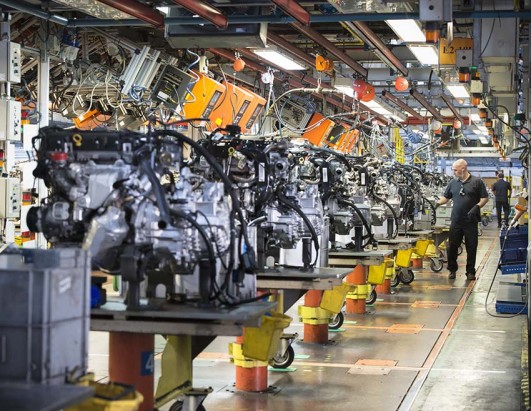Introduction and guidance
Introduction
This course sets out to show you how economics is often a discipline with a multitude of perspectives and traditions that go beyond mainstream economics. You will come across several different accounts of how the economy is conceptualised, whether and how economic inequality needs to be tackled, and whether economic growth is a useful policy objective.
According to the classical account of Marxist political economy, economic growth occurs when capitalists re-invest their profits and expand their production. Marxist economists, however, are highly critical of this process, describing it as inherently unstable.
You will explore the idea that ecological economists question whether economic growth is an appropriate goal at all. Climate change and other environmental degradations raise the question of whether there are biophysical limits to economic activity.
You will learn about the difference between competition based on price and on innovation and how different schools of thought theorise about their importance. You will also learn that firms can engage in anticompetitive behaviour and use their competitive advantage to deter competition, and how regulators work to impede this behaviour.
These three sessions will explore current debates around the environment, inequality, competition and innovation, and how competing economic theories contribute to understand them.
